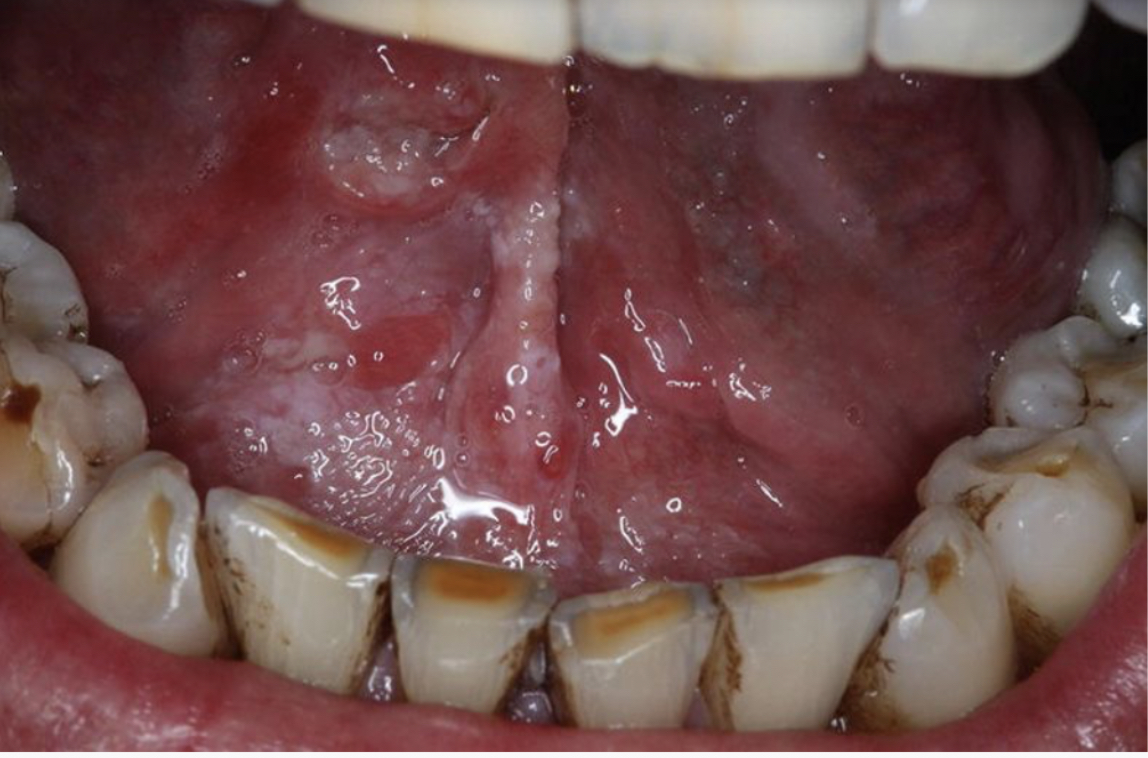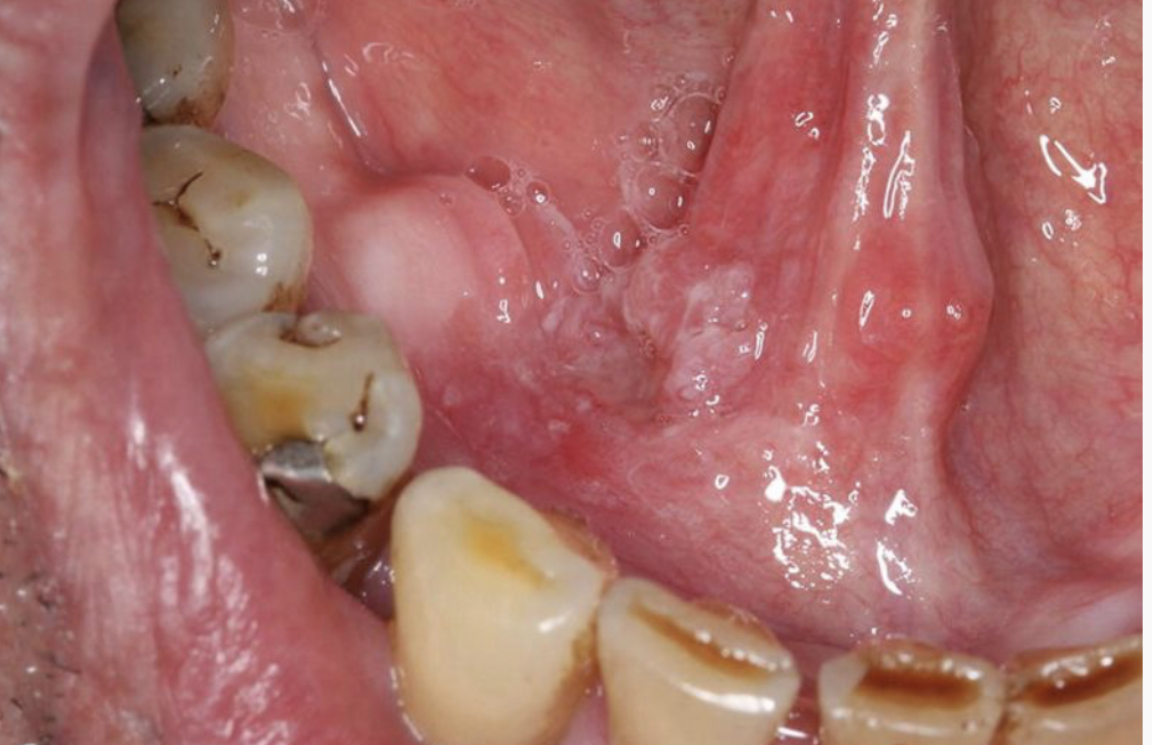Oral cancer and Treatment
.png)
.jpg)


Mouth cancer, also known as oral cancer, is one of the rarer forms of cancer in the UK, accounting for just one in every fifty cancers. It mostly affects people over sixty, although younger people may get mouth cancer as a result of the human papilloma virus (HPV). Around 8,300 people are diagnosed with mouth cancer each year in the UK, about 1 in every 50 cancers diagnosed. More than 2 in 3 cases of mouth cancer develop in adults over the age of 55. Only 1 in 8 (12.5%) happen in people younger than 50. Men are more likely to get mouth cancer than women.
Caught early, there is a good chance of cure. 80% of patients will live for five years or more after early diagnosis and treatment. However, if mouth cancer is not caught early there is just a 20% chance of surviving this long as the cancer spreads quickly, either directly to the jaw bone, throat and skull or indirectly via the lymphatic system. Once the cancer reaches the lymphatic system it can spread anywhere in the body including the lungs and other major organs.
Mouth cancers usually form on the tongue, in the lining of the mouth, on the lips or on the gums. Very rarely mouth cancer will affect the salivary glands, the tonsils or the pharynx.
Mouth cancer can cause a wide range of symptoms, most of which can also be caused by far less serious conditions such as minor infections. These symptoms only become a cause for concern if they persist for more than three weeks. Symptoms include:
- Swellings within the mouth
- Mouth ulcers that don’t clear up after 2-3 weeks
- Red patches on the tongue or mouth lining
- Painful swallowing
- Neck pain
- Swollen lymph nodes or glands
- Changes in sense of taste
- Loose teeth
If you experience any of these symptoms for more than three weeks, it is essential to get checked out by your GP, as early diagnosis is crucial for the treatment of mouth cancer.
The importance of early diagnosis
If mouth cancer is caught early, then there is a good chance that it can be cured. 80% of patients will live for five years or more after early diagnosis and treatment. However, if the cancer is not caught early, there is just a 20% chance of surviving this long, as the cancer can spread quickly, either directly, to the jaw bone, throat and skull, or indirectly, via the lymphatic system. Once the cancer reaches your lymphatic system, it can spread to anywhere in your body, including your lungs and other organs.
How is mouth cancer diagnosed
If your doctor suspects you may have mouth cancer, they will send you for a biopsy. This is a procedure in which a small sample of tissue is taken and examined for the presence of cancer cells. The tissue sample can be taken in three ways:
- Punch biopsy – in which tissue is cut directly from the tongue or mouth
- Fine needle biopsy – in which tissue and fluid are drawn from a lump or gland using a needle.
- Panendoscopy – in which a tube is inserted down the nose to take a sample from the throat.
Oral cancer treatment
As with many cancers, treatment for mouth cancer usually involves a combination of surgery, radiotherapy and chemotherapy.
Surgery for mouth cancer
The primary treatment for mouth cancer is the surgical removal of the cancerous cells and the surrounding tissue. This may involve removal of part of the jawbone or cheekbones, part of the tongue or even part of the facial skin, depending on the site and extent of the cancer. If bone is removed, it can be reconstructed using bone grafts or prosthetics. The skin and tongue can also be repaired using grafts.
Surgery may be undertaken in the traditional way, cutting away at the cancerous tissue, or may be done using a laser technique called Photodynamic Therapy (PDT), which uses chemicals to make the cancerous cells more sensitive to light and so more easily destroyed.
Selective neck dissection
To remove lymph nodes from the neck when the cancer is in the mouth is a low risk procedure which takes about 45 minutes.
Leukoplakia and speckled leukoplakia
White or grey patches (leukoplakia) or a blend of white and red patches (speckled leukoplakia) on the tongue, inside cheek, gums or under the tongue.
To diagnose these conditions, a sample of the cells is collected during a biopsy and sent to a lab for testing.
By comparing the look, size and shape of the cells in the discoloured area, the level of abnormality can be assessed and then closely monitored for any changes.

